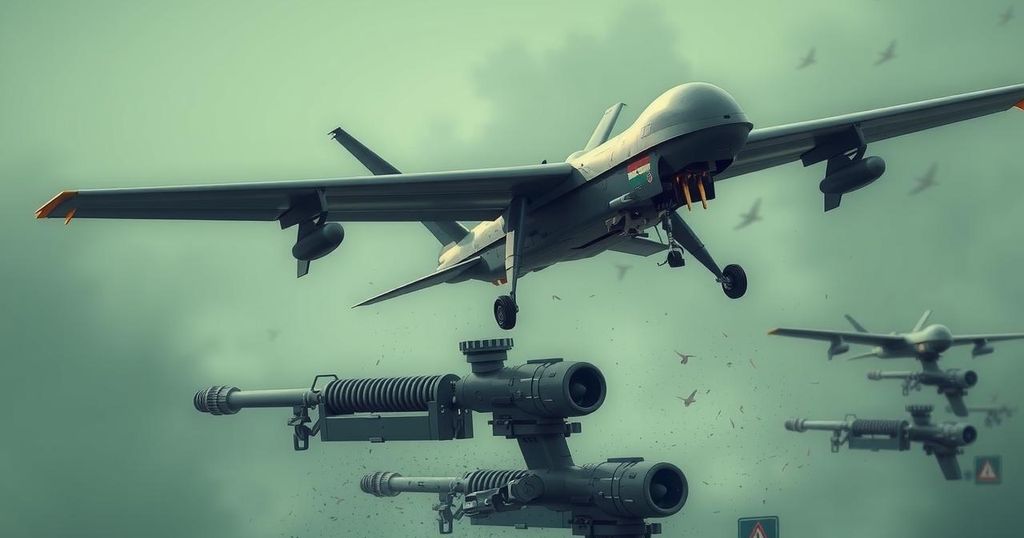World news
ASIA, BLACK SEA, CNN, DIPLOMACY, ENERGY INFRASTRUCTURE, EUROPE, EUROPE/ASIA, FRANCE, JOINT CHIEFS OF STAFF, KIM, KIM JONG UN, KOREA, NORTH, KOREA, SOUTH, KR, KREMLIN, MILITARY, MILITARY COOPERATION, MOSCOW, NORTH, NORTH AMERICA, NORTH KOREA, PARIS, PUTIN, PYONGYANG, RUSSIA, RUSSIA-NORTH KOREA COOPERATION, SAUDI ARABIA, SEOUL, SOCIAL SECURITY ADMINISTRATION, SOUTH KOREA, TA, TASS, UKRAINE, UNITED STATES, US, VLADIMIR PUTIN, WAR, WHITE HOUSE
Lena Nguyen
0 Comments
North Korea Reinforces Military Support for Russia in the Ukraine Conflict
North Korea has dispatched an additional 3,000 soldiers to support Russia in Ukraine, totaling around 11,000 troops since the conflict began. Alongside troops, North Korea has supplied missiles and artillery. Negotiations for a ceasefire are struggling, and military cooperation between North Korea and Russia appears to be strengthening, raising international concerns.
According to South Korea’s military, North Korea has dispatched at least 3,000 additional soldiers to Russia in early 2023, showcasing its ongoing support for Moscow amid the Ukraine conflict. This brings the total number of North Korean troops sent to Russia to approximately 11,000, with around 4,000 reported casualties in combat.
In addition to troop support, North Korea has reportedly supplied a significant quantity of military equipment, including short-range ballistic missiles, 170mm self-propelled howitzers, and 240mm multiple rocket launchers. Authorities in Seoul anticipate that North Korea’s military contributions may increase further based on evolving circumstances.
This development comes as European leaders convene in Paris to discuss sustained support for Ukraine and regional stability. Concurrently, efforts by the United States to negotiate a ceasefire have met with significant challenges, particularly due to Russia’s stringent conditions regarding sanctions relief before agreeing to a truce.
North Korean leader Kim Jong Un and Russian President Vladimir Putin have been strengthening their military cooperation since signing a defense agreement last year. Recent interactions indicate a commitment to mutual defense, with Russian security adviser Sergei Shoigu delivering Putin’s well-wishes to Kim during his visit.
The United States has raised alarms over potential technology sharing between Russia and North Korea, particularly regarding advanced military technology. North Korean troops have been deployed to defend Russian territories against Ukraine, although they reportedly withdrew from frontline positions in January due to mounting casualties.
Reports suggest that North Korea has provided substantial military support, including munitions shipments, with North Korean-made missiles being utilized in the conflict. In exchange, Russia has supplied essential goods to North Korea, including coal and medical supplies. This reciprocal arrangement is part of a broader strategy involving potential exchanges and collaboration.
South Korean officials share US concerns regarding the implications of enhanced Russia-North Korea relations, particularly with respect to technological exchanges. Kim recently oversaw the testing of AI-powered drones and the unveiling of a new reconnaissance drone potentially modified from Russian technology, reflecting the growing military sophistication of North Korea.
While discussions regarding a ceasefire continue, hostilities remain unabated, with significant drone activity reported recently from both sides. Ukrainian President Volodymyr Zelensky condemned the ongoing violence, emphasizing the humanitarian impact on civilians.
In summary, North Korea’s military involvement in the conflict between Russia and Ukraine continues to escalate, with increased troop deployments and military resource contributions. The deepening partnership between these two nations poses significant geopolitical implications, especially in technology sharing and military cooperation. Ongoing negotiations for a ceasefire face hurdles due to the conditions set by Russia, while both sides continue to engage in military operations, exacerbating the conflict’s humanitarian crisis.
Original Source: www.cnn.com




Post Comment